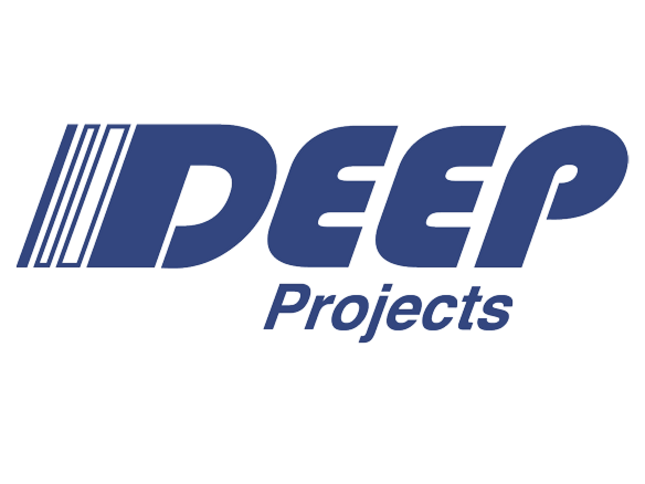



The DEEP project series started in December 2011 with their first project “DEEP” (Dynamical Exascale Entry Platform). The sequence continued with DEEP-ER (Extended Reach), DEEP-EST (Extreme Scale Technologies) and the last endeavor DEEP-SEA (Software for Exascale Architectures) which ended in March 2024.
Over 30 partners from 13 European countries have contributed to the DEEP projects. Their collective expertise facilitated the development of the Modular Supercomputing Architecture that formed the basis of large HPC systems like JSC’s JUWELS in Germany, LuxProvide’s MeluXina system in Luxembourg, and eventually Europe’s first Exascale system JUPITER. This architecture is enabled by the integrated software stack developed in DEEP-SEA that allows for user-friendly usage of such sophisticated systems.
The DEEP Projects have received funding from the European Commission’s FP7, H2020, and EuroHPC Programmes, under Grant Agreements n° 287530, 610476, 754304, and 955606. The EuroHPC Joint Undertaking (JU) receives support from the European Union’s Horizon 2020 research and innovation programme and Germany, France, Spain, Greece, Belgium, Sweden, Switzerland.
DEEP took the concept of compute acceleration to a new level: instead of adding accelerator cards to Cluster nodes, an accelerator Cluster, called Booster, complemented a conventional HPC system and increased its compute performance.
DEEP-ER advanced the Cluster-Booster architecture developed in DEEP from a hardware point of view in terms of processor technology, network interconnect, and storage. On the software side, the project focused on two central research topics: highly scalable parallel I/O and resiliency.
The Modular Supercomputer Architecture (MSA) developed in the DEEP-EST research project was a blueprint for large-scale heterogeneous systems supporting the different requirements of HPC, Big Data Analytics and Machine Learning with highest efficiency and scalability. The MSA is based on the Cluster-Booster architecture developed in the previous DEEP and DEEP-ER projects.
The DEEP-SEA project built on the results of the previous DEEP projects. It produced an integrated SW stack for MSA systems, which provides application developers with convenient and powerful tools to exploit the benefits of MSA for heterogeneous HPC and combined HPC/AI applications and workflows.
